Free delivery from €79 of purchase!
New arrivals: Infusions, Ultrasounds and Upcycling!
Free delivery from €79 of purchase!
New arrivals: Infusions, Ultrasounds and Upcycling!
We’ve been sourcing raw materials for the perfume industry for over 25 years, producing 100% pure & natural essential oils renowned for their exceptional fragrance and therapeutic virtues.
Our aim is to develop our products in all their forms and make the most of their fragrance, in the service of olfactotherapy: well-being through scent, through the evocation of emotions.
We market around forty references, ranging from our own discoveries to essential oil market must-haves: Australian Santal Spicatum, Ylang Extra from the Comoros, Géranium Bourbon from Madagascar, Haitian Vetiver, Indonesian Patchouli and Myrrh and Bushman Candle from Namibia. A small range, a guarantee of quality, which will be supplemented each year by 3-4 new oils.
The idea is to offer economic opportunities to local populations for the perfume industry, while protecting and safeguarding fragile environments. We work with the help of associations (Coeur de Forêt, IRDNC, L’Homme & L’Environnement) to ensure the sustainability of our supply chains; the cultivation and distillation process is carried out directly on site by the producer in collaboration with NGOs, then the products are marketed at fair prices established with and for the producers.
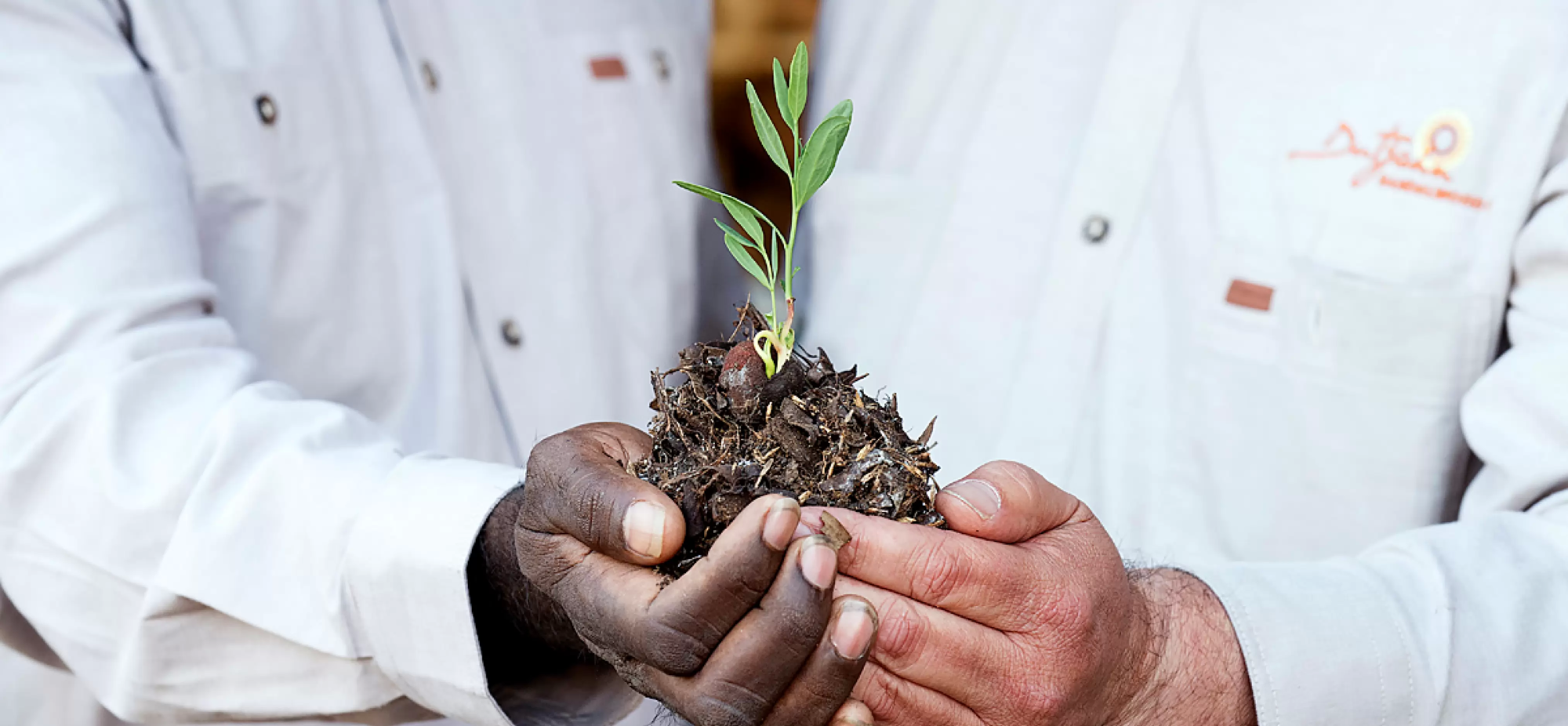

Recyclable packaging
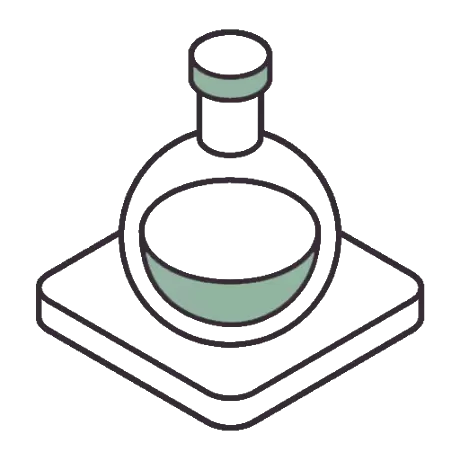
Recycled glass bottles

Use of raw materials waste
To be a sourceur is first and foremost to be a hunter of scents and fragrances for the perfume industry. A modern-day adventurer, he travels the planet in search of the most beautiful wonders our plant and animal world has to offer. In this way, he is the source of the materials that fine perfumers need to create their fragrances; a sort of link between the reality of the field and the perfume houses that cultivate a refined spirit.
A humanist, he works to protect local populations and their environment. A sourceur is both able to immerse himself in the socio-cultural specificities of each region he visits and to promote local agriculture, while at the same time initiating sustainable development projects. In short, a sourceur is a modern man steeped in the values and cultures of the past, committed and militant in the present, and definitely focused on the concerns of tomorrow.
STePHANE PIQUART
MARTIN VILLATTE
MAXENCE PIQUART
Created in 2007, Behave is a source of scents for perfumers. The name Behave was born from the crystallization of “to be” and “to have”. The combination of these two words underlines the absolute necessity of respecting the environment and the irreproachable ethics of the producers of fragrance raw materials.
Founded on mutual respect and ethics, Dutjahn Sandalwood is none other than the entity behind our project. In addition to growing sandalwood sustainably, it creates rural jobs, supports local ecosystems and contributes to regional and national economic prosperity for the benefit of aboriginal peoples.

IRDNC is a Namibian association that strives to improve the living conditions of rural populations and minorities by developing economic opportunities, including wildlife and local natural resources, in order to reduce the pressure on these rural areas.
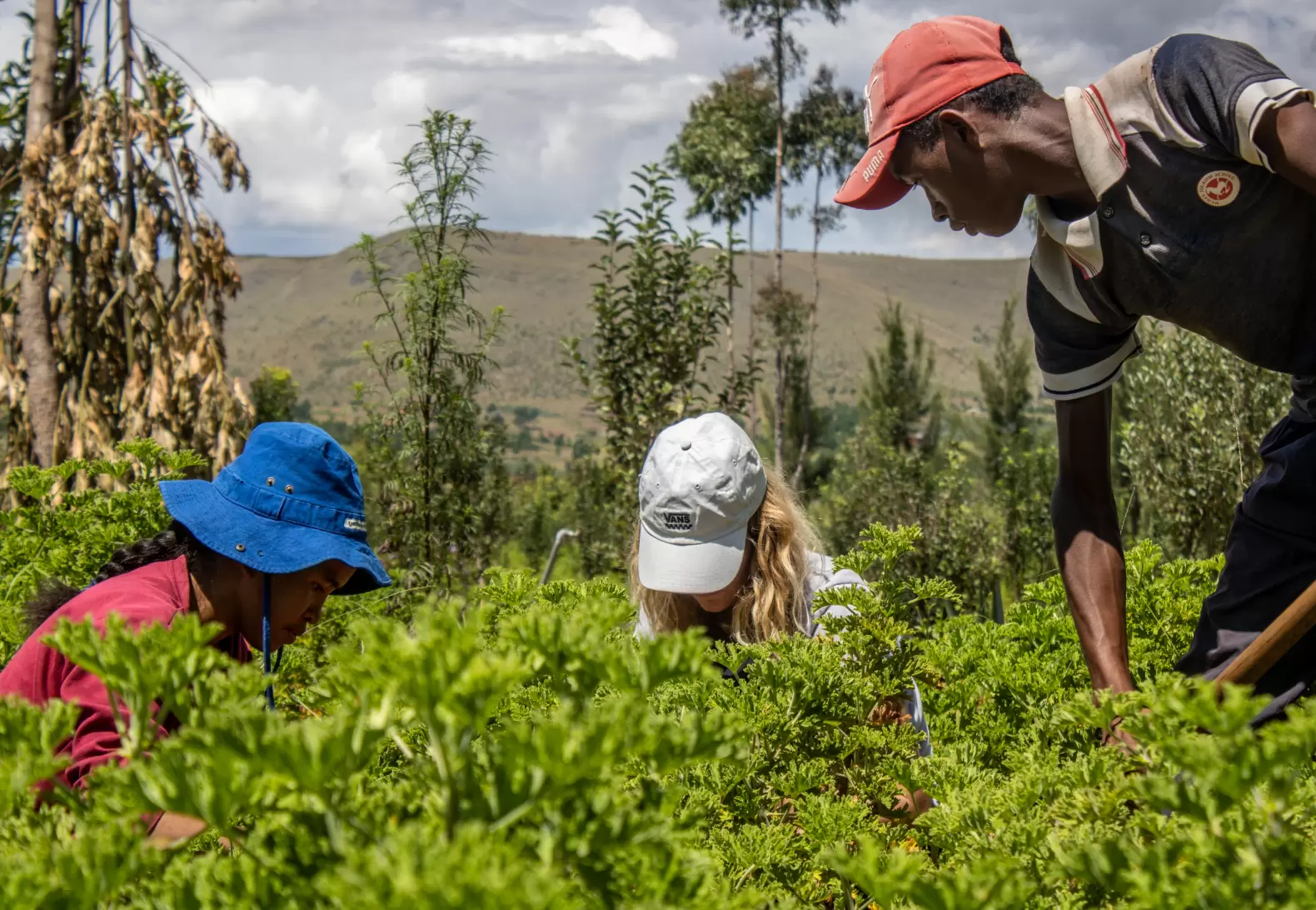
Since 2005, Heart of the Forest has been working to protect forests and the communities who live within them. By combining reforestation programs with the development of fair-trade supply chains, the association offers local producers an economic alternative to deforestation.
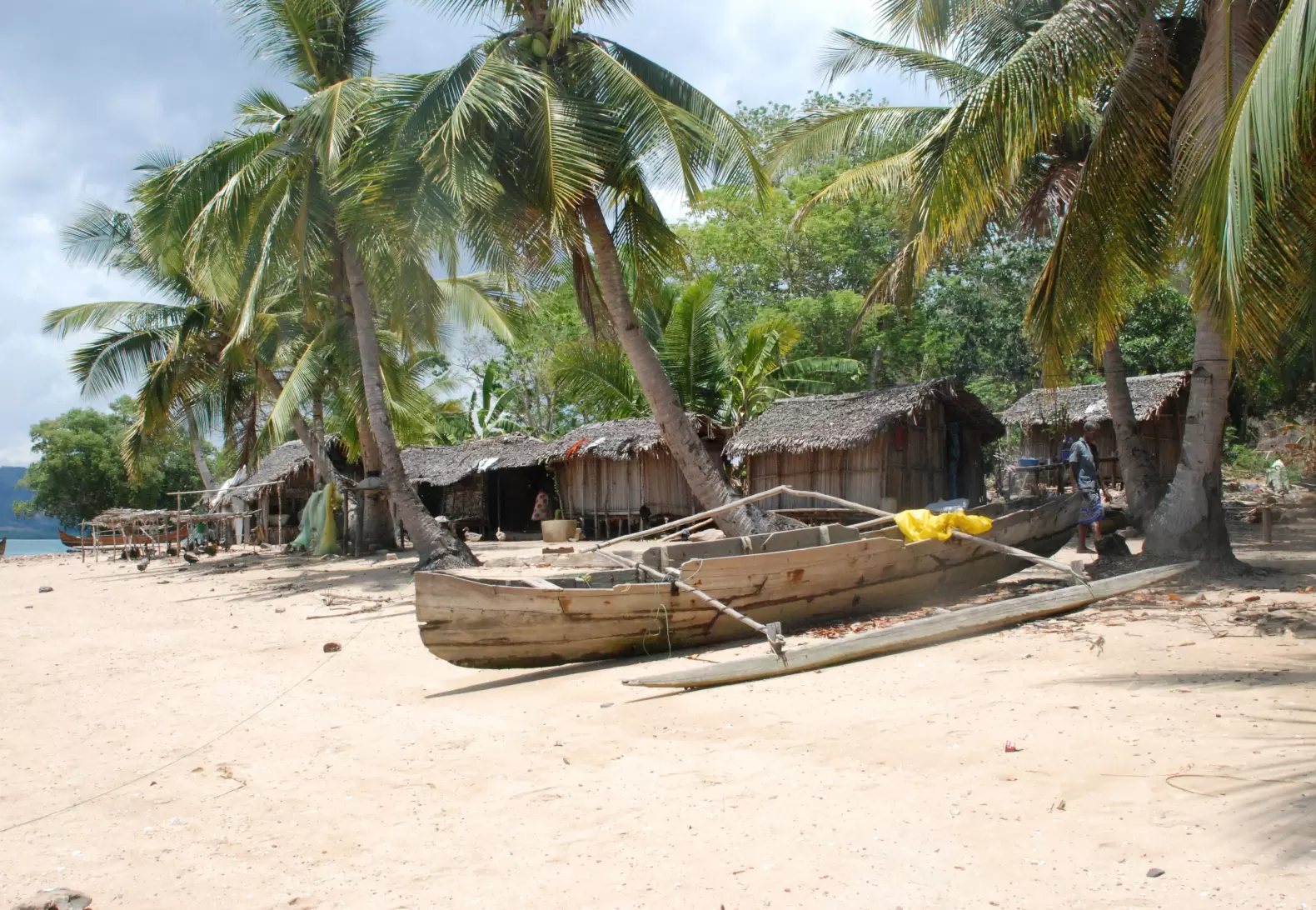
The association was created to show that, faced with climate change and the dramatic loss of biodiversity, we must – and can – find ways to involve everyone, especially the poorest local communities, in a form of development that is compatible with biodiversity preservation.
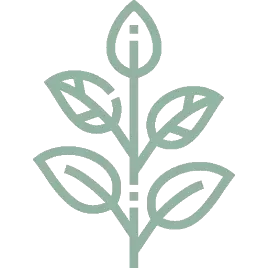
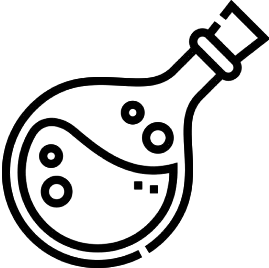




Le Sourceur is committed to sustainable agriculture that does away with the use of pesticides. As such, the project is committed to respecting the natural cycle of harvests, following more environmentally-friendly methods, limiting the areas where crops are grown, and creating protected areas to ensure the survival of species and safeguard biodiversity with and for producers.

Le Sourceur uses its know-how to promote more responsible distillation. Our aim is to reduce our consumption of electricity, water and wood, while preserving the exceptional properties of our raw materials. This position has led us to develop distilleries that run entirely on solar energy, currently being tested in the Comoros.

Aware of the environmental impact of its online sales site, Le Sourceur aims to minimize the consequences of its actions, by developing more ecological delivery methods (relay depots, preferring road transport to air) and reducing waste (minimum packaging, systematic use of biodegradable materials).

Helping local populations. By promoting the establishment of supply chains in close collaboration with local associations (Coeur de Forêt, L’Homme & L’environnement, IRDNC) as a lever for development and the reduction of inequalities, while ensuring that producers are fairly remunerated. It also means sharing revenues equitably. By committing to equitable revenue sharing between the grower, the operating association and the brand. Finally, it means ensuring the long-term future of the industry, thanks to an economic model that benefits everyone.

Transparency means ensuring complete traceability of our products, from cultivation by the producer to storage by us. It means democratizing rare and precious raw materials and enabling everyone to know their exact composition. It also means providing regular reports on the operation of our supply chains and the income they generate for all those involved. At the same time, we’re putting in place precise specifications to monitor compliance with standards during both cultivation and processing of the raw material: working conditions, compliance with health regulations, quality standards, etc.
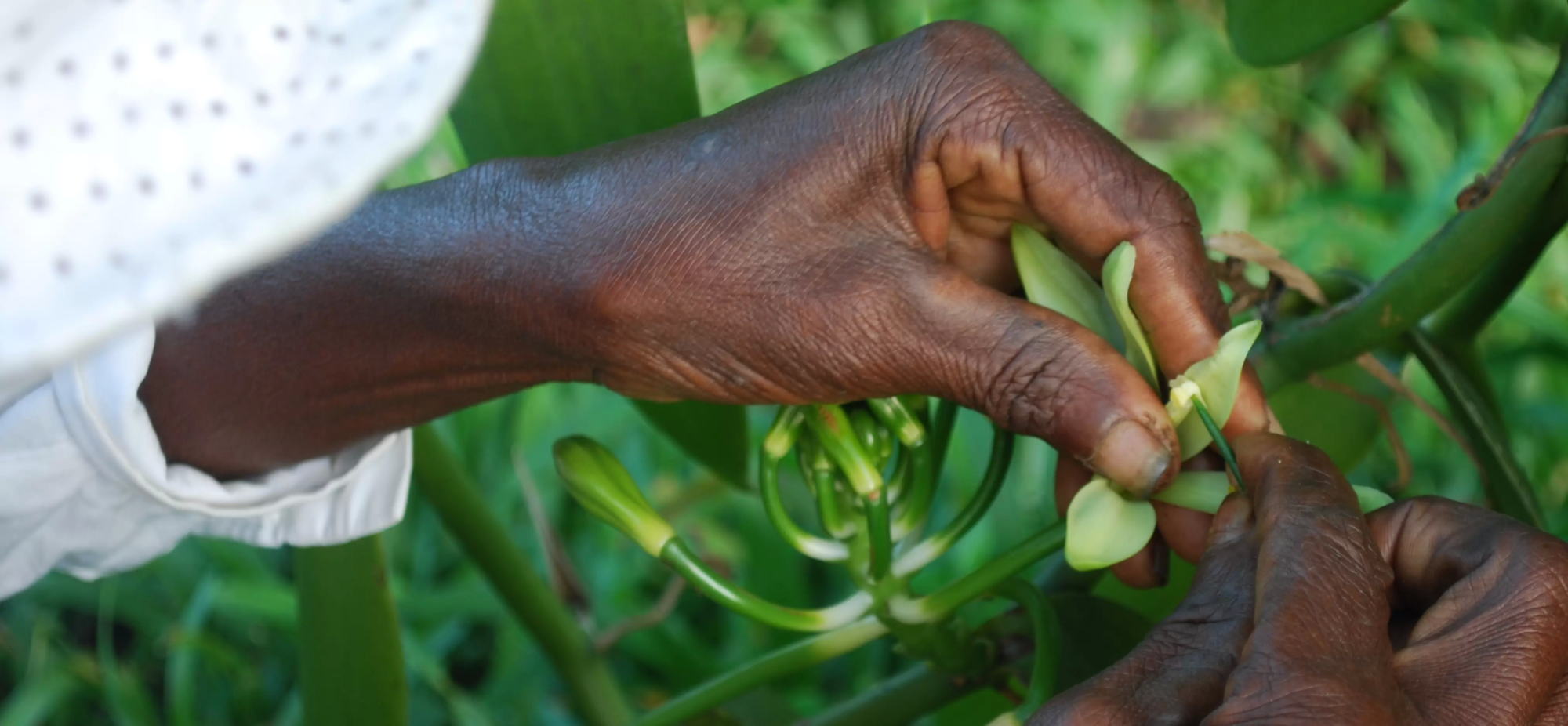
 matieres sourcees
matieres sourcees  rejoindre la tribu
rejoindre la tribu